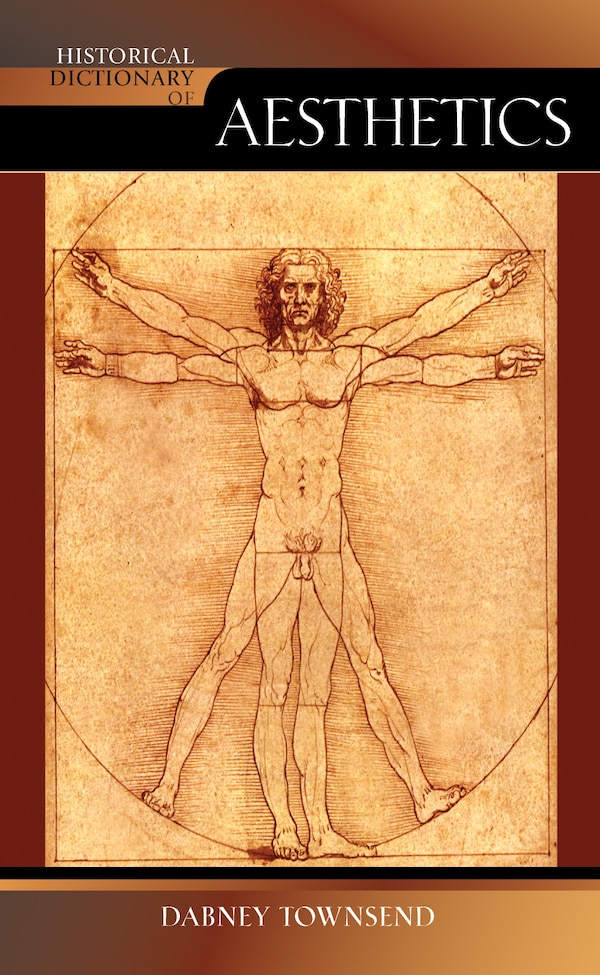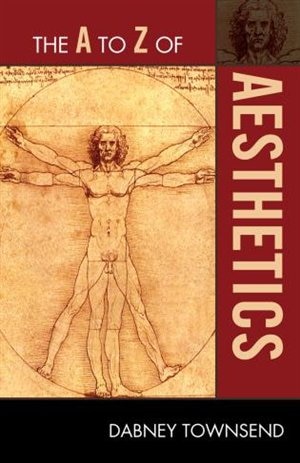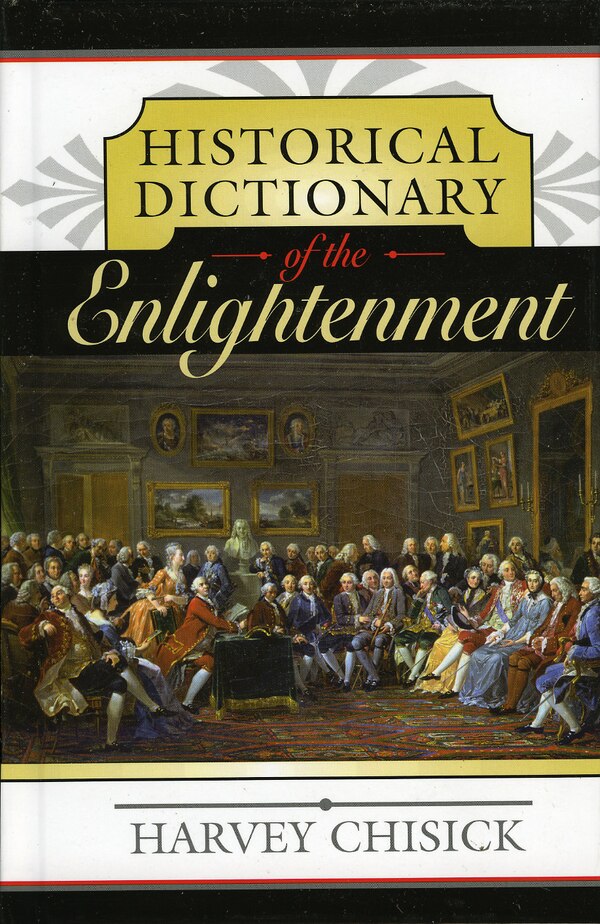
Give the Gift of Choice!
Too many options? Treat your friends and family to their favourite stores with a Bayshore Shopping Centre gift card, redeemable at participating retailers throughout the centre. Click below to purchase yours today!Purchase HereHome
Historical Dictionary Of Aesthetics by Dabney Townsend, Hardcover | Indigo Chapters
Coles
Loading Inventory...
Historical Dictionary Of Aesthetics by Dabney Townsend, Hardcover | Indigo Chapters in Ottawa, ON
From Dabney Townsend
Current price: $226.50


From Dabney Townsend
Historical Dictionary Of Aesthetics by Dabney Townsend, Hardcover | Indigo Chapters in Ottawa, ON
Current price: $226.50
Loading Inventory...
Size: 1.12 x 8.82 x 1.38
*Product information may vary - to confirm product availability, pricing, shipping and return information please contact Coles
Aesthetics is not a factual discipline; there are no aesthetic facts. The word itself is derived from the Greek word for feeling and the discipline arises because of the need to find a place for the passions within epistemology-the branch of philosophy that investigates our beliefs. Aesthetics is more than just the study of beauty; it is a study of that which appeals to our senses, most often in connection with the classification, analysis, appreciation, and understanding of art. The Historical Dictionary of Aesthetics covers its history from Classical Greece to the present, including entries on non-western aesthetics. The book contains a chronology, a list of acronyms and abbreviations, an introductory essay, a bibliography, and hundreds of cross-referenced dictionary entries on the main concepts, terminology, important persons (philosophers, critics, and artists), and the rules and criteria we apply in making judgments on art. By providing concise information on aesthetics, this dictionary is not only accessible to students, but it provides details and facts to specialists in the field. | Historical Dictionary Of Aesthetics by Dabney Townsend, Hardcover | Indigo Chapters
Aesthetics is not a factual discipline; there are no aesthetic facts. The word itself is derived from the Greek word for feeling and the discipline arises because of the need to find a place for the passions within epistemology-the branch of philosophy that investigates our beliefs. Aesthetics is more than just the study of beauty; it is a study of that which appeals to our senses, most often in connection with the classification, analysis, appreciation, and understanding of art. The Historical Dictionary of Aesthetics covers its history from Classical Greece to the present, including entries on non-western aesthetics. The book contains a chronology, a list of acronyms and abbreviations, an introductory essay, a bibliography, and hundreds of cross-referenced dictionary entries on the main concepts, terminology, important persons (philosophers, critics, and artists), and the rules and criteria we apply in making judgments on art. By providing concise information on aesthetics, this dictionary is not only accessible to students, but it provides details and facts to specialists in the field. | Historical Dictionary Of Aesthetics by Dabney Townsend, Hardcover | Indigo Chapters

















